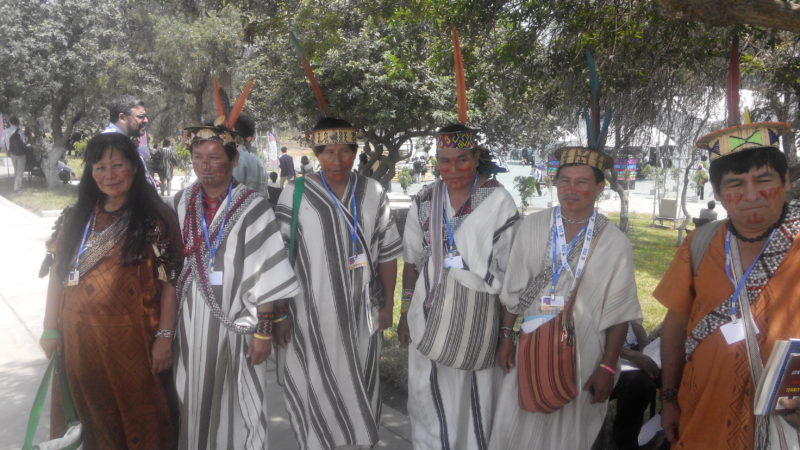The Melka group has unveiled plans to sell off controversial oil palm plantations in the Peruvian amazon. Public auctions will be held in Lima, Peru, over the next few weeks as the Melka group decides to sell land in Ucayali.

A public notice placed in the Jakarta Post on June 23 outlined plans to sell the estate and plantations on the estate in public auctions on June 30, July 7 and July 14. Interested parties were invited to make contact in order to hear further details of the property.
The properties in question are said to be highly controversial and subject to numerous challenges and complaints in the Peruvian courts, at the Roundtable on Sustainable Palm Oil (RSPO) and by investment regulators. The Peruvian government has investigated these properties and already ordered the suspension of operations as the owners failed to secure the relevant authorisations prior to clearance of the forest.
Satellite imagery has shown that these companies are clearing primary forests without permits and contrary to Peruvian laws and RSPO norms.
The RSPO itself has insisted on a suspension of operations as indigenous peoples have filed complaints accusing the company of taking their lands without their consent.
The same indigenous people have filed a lawsuit in Peru in which they are suing both the regional government and the company called Plantaciones de Pucallpa for the illegal acquisition of their traditional lands. Meanwhile, the Alternative Investment Market of the London Stock Exchange is investigating the complaint by more than 60 Peruvian organisations which requests the delisting of United Cacao Ltd, which is also part of the same consortium operating in Peru.
According to Marcus Colchester, senior policy advisor at Forest Peoples Programme, “The proposed sale of these properties in Peru reflects the dark side of the palm oil sector whereby companies professing to uphold sustainability and business ‘best practice’, in line with RSPO and IFC standards, choose to sell off their properties when they are caught violating the standards or the law. When the International Finance Corporation (IFC) was challenged over its financial support for Wilmar in Indonesia in 2009 and found to be in violation of its own Performance Standards, it promptly divested from all its other palm oil properties in Indonesia. When Jardines was challenged over its palm oil property in Tripa, it sold the company off instead of sorting out the problems on the ground.”
Additional government regulations, in both host and home countries, are needed to hold transnational companies to account for their legal, human rights and environmental violations.
Forest Peoples Programme has contacted the Jakarta Post, urging further investigations of the Peru case and prospective buyers to be aware of these ‘trash and run’ practices.
